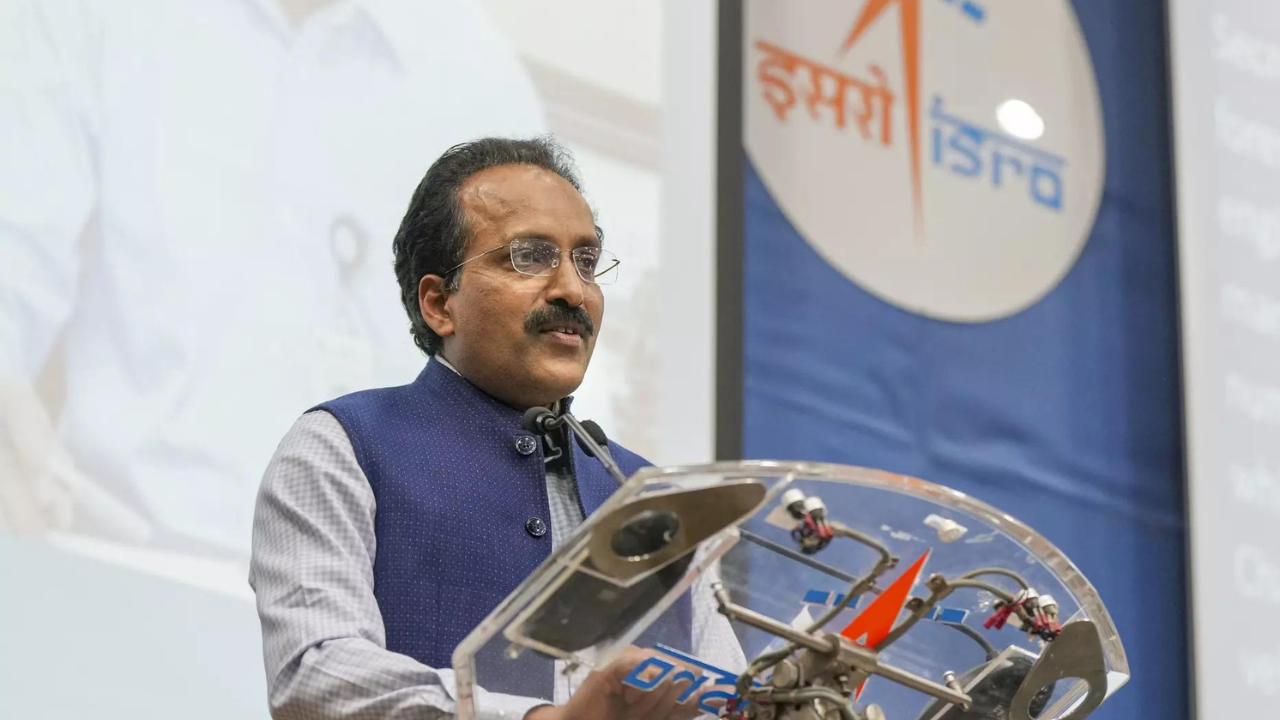Indo-Pacific in Focus

At the “Indo-Pacific Regional Dialogue 2023” (IPRD 2023), the three-day annual apex-level regional strategic dialogue of the Indian Navy, the Vice President of India underscored the seas' growing significance as the new frontier for global contestation, owing to their immense economic potential.
He emphasized the imperative for a robust regulatory framework and its diligent enforcement to mitigate the risk of conflicting claims over maritime territories and assets.
India's footprint in the Indo-Pacific region resonates with multifaceted engagements, underpinned by its commitment to humanitarian aid, security provisioning, and strategic alliances:
-
Humanitarian Aid and Disaster Relief:
- India's proactive stance in disaster relief operations underscores its humanitarian ethos. Whether combating the aftermath of earthquakes, cyclones, or tsunamis, India swiftly deploys resources and personnel, extending a helping hand to nations in distress.
- The Covid-19 pandemic witnessed India emerge as a beacon of medical diplomacy, extending vital medical aid to regional partners, showcasing solidarity in times of crisis.
-
Security Provider and Maritime Sentinel:
- India's maritime security posture manifests in its augmented maritime presence, epitomized by joint exercises, patrols, and initiatives like the Indian Ocean Naval Symposium (IONS) and the Quad (Quadrilateral Security Dialogue).
- Collaborative endeavors with nations like the US, Japan, Australia, and ASEAN states accentuate India's resolve to foster a secure maritime environment, essential for regional stability and economic prosperity.
-
Strategic Partnerships and Bilateral Alliances:
- Bilateral and multilateral partnerships form the cornerstone of India's security paradigm in the Indo-Pacific. Collaborations with strategic allies transcend mere diplomatic rhetoric, translating into tangible synergies aimed at fortifying regional security architectures.
- Through the prism of the SAGAR Doctrine, India embarks on a journey of maritime diplomacy, nurturing ties and enhancing capacities, thus cementing its position as a linchpin of regional stability.
Regional partnerships and alliances serve as linchpins for bolstering maritime connectivity and security in the Indo-Pacific:
-
Evolution of the Indo-Pacific Paradigm:
- The conceptual evolution of the Indo-Pacific paradigm acknowledges the symbiotic relationship between the Indian and Pacific Oceans, laying the groundwork for holistic regional cooperation and integration.
-
Institutional Mechanisms and Collaborative Initiatives:
- Institutions like the Indian Ocean Rim Association (IORA) and initiatives like the Indo-Pacific Oceans Initiative foster economic integration and maritime cooperation, heralding an era of sustainable development and regional synergy.
- Platforms such as IONS provide avenues for naval collaboration, promoting adherence to a rules-based maritime order and enhancing trust and interoperability among member navies.
-
Challenges and Opportunities:
- Despite the myriad benefits offered by regional partnerships, challenges abound, including divergent national interests and historical disputes. Yet, these challenges present fertile ground for diplomatic dialogue, underlining the imperative of sustained engagement and cooperation.
Efforts to mitigate maritime disputes necessitate a nuanced approach rooted in international cooperation, legal frameworks, technological innovation, and diplomacy:
-
International Cooperation and Legal Frameworks:
- Strengthening existing maritime treaties and fostering collaborative research are essential for averting maritime disputes.
- Comprehensive international legal frameworks and mechanisms for peaceful conflict resolution serve as bulwarks against escalating tensions.
-
Technological Innovation and Diplomatic Dialogue:
- Technological innovations, coupled with diplomatic dialogue, offer promising avenues for reducing the likelihood of maritime disputes.
- Investments in advanced surveillance technologies and the cultivation of diplomatic channels for conflict resolution hold the key to fostering maritime tranquility.
The efficacy of current maritime laws and conventions in serving the global community underscores the strides made in ensuring safety, environmental protection, and dispute resolution:
-
Historical Evolution and Achievements:
- The evolution of maritime laws, epitomized by conventions like UNCLOS and treaties like SOLAS and MARPOL, has heralded an era of enhanced safety, environmental stewardship, and peaceful dispute resolution.
- Achievements in safety, navigation, environmental protection, and dispute resolution underscore the efficacy of existing legal frameworks in advancing global maritime governance.
-
Role of International Organizations and Diplomatic Engagements:
- International organizations like the IMO and ITLOS play pivotal roles in fostering cooperation and addressing governance gaps.
- Bilateral and multilateral engagements complement existing conventions, ushering in nuanced approaches to maritime governance.
While the current legal framework has yielded commendable outcomes, challenges persist in enforcement, emerging threats, and governance gaps:
-
Enforcement Challenges and Emerging Threats:
- Enforcement remains a challenge, with some nations lacking the capacity or willingness to uphold international maritime laws.
- Emerging threats like cyber threats and piracy necessitate continual adaptation and enhancement of existing legal frameworks.
-
Need for Review and Adaptation:
- A reassessment of existing laws of the sea is imperative to address territorial disputes and governance gaps.
- The urgency of this review is underscored by challenges such as the Paracel and Spratly Islands disputes, necessitating a concerted effort to fortify maritime governance.
Climate change poses a formidable challenge to India's maritime interests, amplifying vulnerabilities and necessitating adaptive measures:
-
Vulnerabilities and Challenges:
- Rising sea levels, exacerbated by global warming, pose existential threats to coastal regions and maritime ecosystems.
- Predicted scenarios of inundation and erosion imperil coastal communities and vital maritime infrastructure, jeopardizing livelihoods and economic activities reliant on the sea.
-
Economic Ramifications and Adaptive Measures:
- Disrupted ports, damaged vessels, and compromised infrastructure spell economic losses, necessitating robust adaptation and mitigation strategies.
- Investments in resilient infrastructure, sustainable coastal development, and innovative disaster management technologies are imperative to safeguard India's maritime interests in a changing climate.
India's maritime security capabilities, rooted in historical legacies and technological advancements, stand poised to navigate contemporary challenges:
-
Historical Legacy and Technological Advancements:
- India's maritime legacy, steeped in centuries of seafaring traditions, converges with contemporary advancements in naval assets and capabilities.
- From surface fleets to submarine capabilities and aircraft carriers, India's naval arsenal reflects a blend of tradition and modernity, underscoring its commitment to maritime security.
-
Technological Readiness and Adaptation:
- Technological innovations in surveillance, communication, and cybersecurity fortify India's maritime security apparatus, enabling robust responses to contemporary threats.
- Investments in advanced surveillance technologies and cyber defense mechanisms signal India's preparedness to safeguard its maritime interests in an evolving security landscape.
-
Way Forward: Adaptation and Collaboration:
- Robust adaptation and mitigation measures, coupled with regional collaboration and diplomatic engagements, are imperative to navigate the challenges posed by climate change and evolving security paradigms.
- Collaborative endeavors with international partners and regional alliances offer promising avenues for addressing shared challenges and fostering sustainable maritime security in the Indo-Pacific













